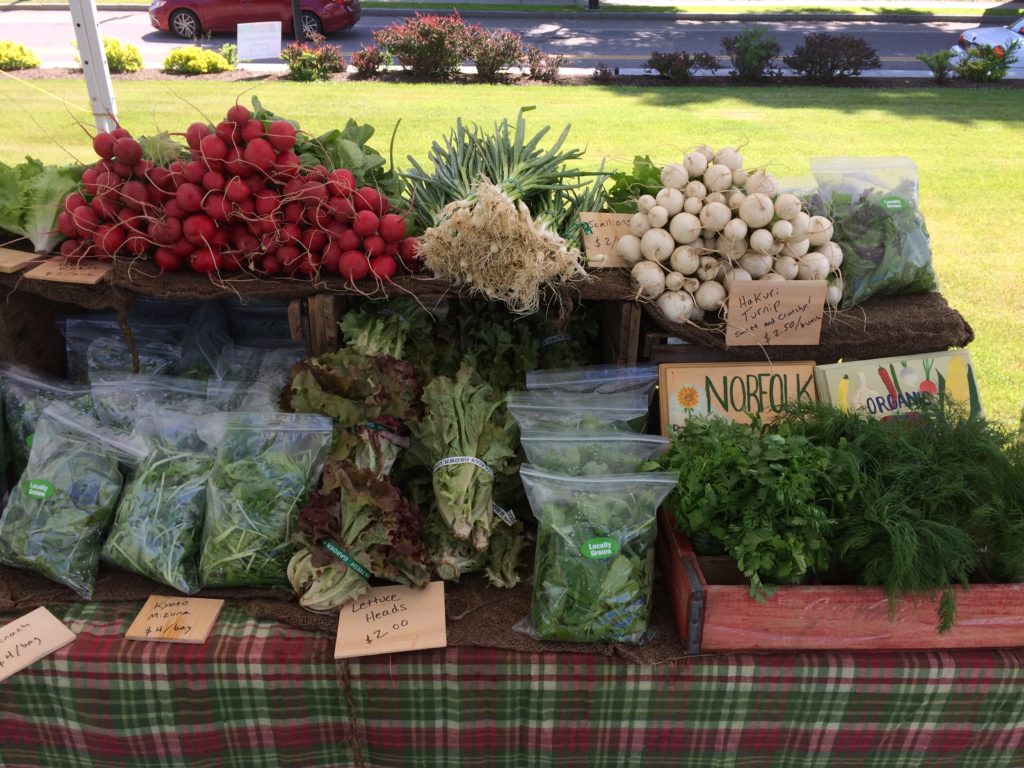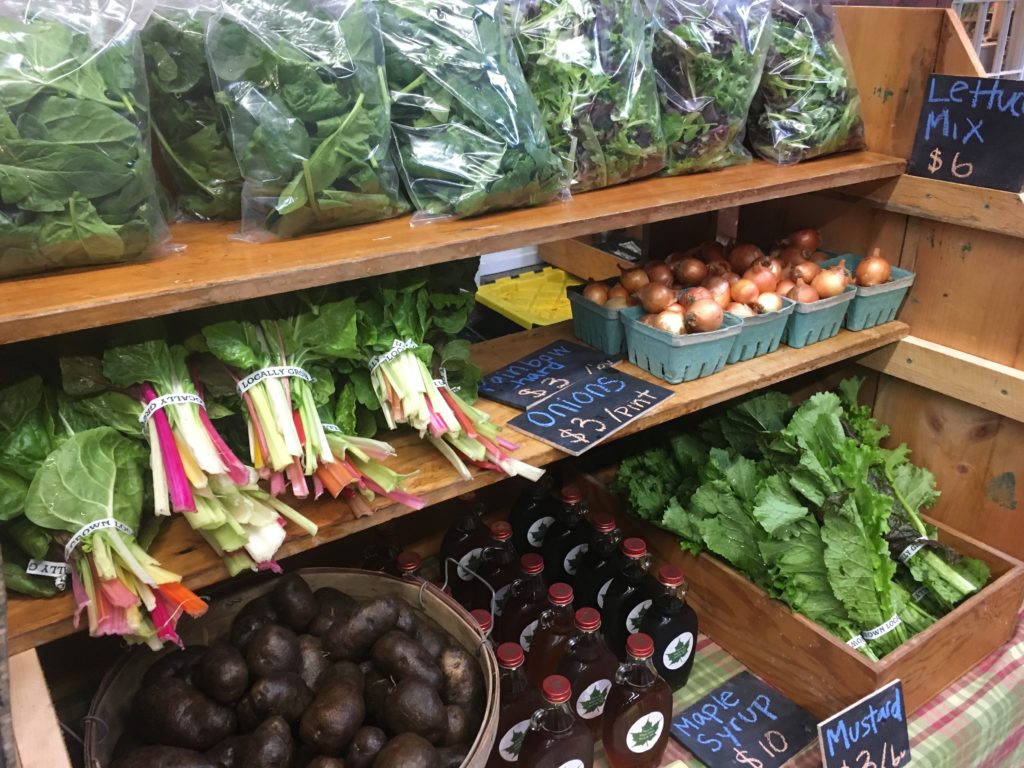What is a market garden?

After years of successfully and deliciously self-sustaining, some homesteaders explore avenues to sell their harvest. A market garden — a small-scale production of produce usually sold directly to customers — is one way to do so.
The term “market garden” has a rich history, dating back to the late-18th century as a way to distinguish vendors of any scale that sell vegetables and berries from producers of grain, dairy or orchard fruit. Though agricultural historians continue to use the term this way, today, the term “market garden” is more simply used to refer to the plot, the produce of which the farmer used to sell as opposed to using to feed a family.
“It’s mainly a glorified garden and we can grow things for profit,” laughed Adrienne Wolff, co-owner of Buckwheat’s Market Garden in Central Lake, Michigan. “I think we kind of decided on it being called a ‘market garden’ because our growing space was so small. We could turn out a decent profit on it, but there’s a ceiling of how much production you can really crank out.”
Aside from the scale, market gardens are generally distinguished by their direct-to-consumer sales at outlets like farm stands, farmers markets, community-supported agriculture subscriptions, restaurants and independent produce stores.
Zachary Zeigler, owner of Zeigler’s Market Garden in Norfolk, Massachusetts, started his market garden with two 50 by 50-foot garden beds and a greenhouse while he was still studying sustainable agriculture at the University of Massachusetts at Amherst. Now, he has just under two acres of garden space that he uses to provide food for a small community-supported agriculture subscription, a weekly roadside stand and two farmers markets.
“Everything I grow is directly sold to customers,” Zeigler said. “Somehow, someway, we end up selling most of our stuff.”
The advantages of a market garden
Because of the scale, market gardening has lower barriers to entry and more room for experimentation than other kinds of farming.
“Market garden was a more cost-effective way of seeing if we could run a farming business,” Wolff said. “It’s just a lower scale. It offers more room for experimenting and seeing what crops you really like and what you really don’t.”
The small size also requires less labor. Generally, the owners are able to manage harvests themselves without having to hire laborers.
“It’s just the two of us [my fiance and I],” Wolff said. “We don’t have to hire outside help. It’s manageable.”
The capital costs are also lower for starting a market garden as opposed to a larger-scale venture.
“We run everything pretty small scale,” Zeigler said. “We use hand tools and have no full-time employees. That really keeps our overhead really low.”
Though market gardens are small, the profit margins can be higher.
“Farming’s margins are already horrendous so when you factor in a mortgage on more land or loans on bigger equipment, the paychecks for the farmers can be pretty small,” Zeigler explained. “By staying smaller scale, we’ve been able to have higher profits.”

The challenges of a market garden
The scale of a market garden can limit how much you can grow.
“There’s a ceiling,” Wolff said. “You can only produce so much.”
Market gardeners also have to be more diligent about timing in order to keep the production streams steady.
“Because we are so small, we have to turn over our beds really quick,” Wolff said. “Once our salad mix is done and we’ve harvested it, we have to rip it out and plant it again within the next couple of days so that we’re not wasting space.”
Turning your garden into a source of income can also take away some of the romance of growing your own food.
“I think that homesteaders really have a love for growing their own food, whereas if you turn it into a job, like with any job, the romance of your passion or hobby kind of fades away a little bit,” Wolff admitted.
